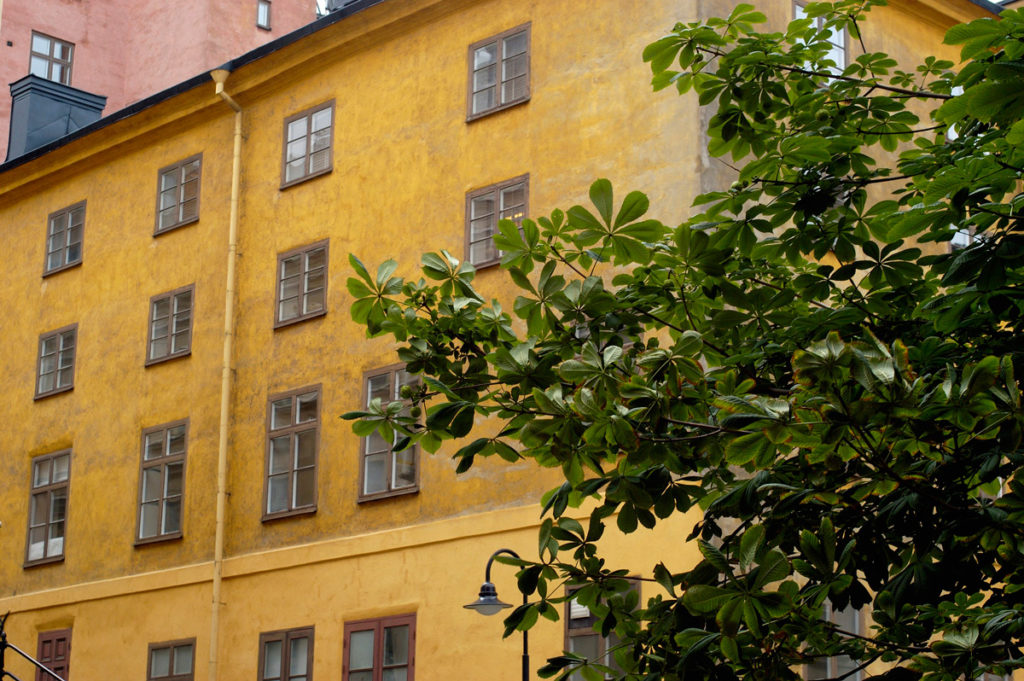Sweden needs a new and neutral taxation of housing. The current taxation is unfavourable to certain groups of households, regions and forms of housing, without being the result of articulated political priorities. This is the conclusion made by economist Peter Englund in the SNS report “A New Taxation of Housing” published today.
Peter Englund has adopted a broad approach to the taxation of housing and highlights the fact that its lack of neutrality has major consequences on housing costs, house and apartment prices, the distribution of income and wealth as well as the size and composition of the housing stock.
According to Englund, it is not up to the tax system to influence the choice of housing tenure. Housing costs should be the same for equivalent homes, whether they be rental, owner-occupied or owned cooperatively. In addition, neutrality should apply between expensive and inexpensive housing and between housing and other forms of capital.
“The current taxation of housing has major shortcomings. For example, expensive housing is taxed less in relation to its value compared to inexpensive housing. The same applies to shares in co-ops in relation to one-family houses and rental apartments. However, a reasonable level of neutrality applies between one-family houses and rental apartments, but only as long as the interest rate is low”, says Peter Englund, professor emeritus at the Stockholm School of Economics and Uppsala University.
This is Peter Englund’s proposals for a new taxation of housing:
> The property tax is abolished for rental apartment buildings and co-op associations.
> An imputed income from one-family houses and shares in co-ops is taxed as income from capital. This income is calculated as an interest rate multiplied by a moving average of assessed values over a number of years. The interest rate follows a moving average of the government borrowing rate with an addition of, for example, 2 percent.
> The capital gain when selling is calculated as the difference between the realised gain and an assumed price increase (e.g., 2 percent annually) with deficits being fully deductible. In case of inheritance, the estate pays tax on the difference in assessed value from the time of purchase.
> The stamp duty is replaced by a fee covering administrative costs.
> The deductibility of interest payments is maintained.
Peter Englund estimates that the tax on the imputed value will at the current interest rate be lower than the current property tax on one-family houses with an assessed value of up to SEK 1.4 million. For a house with an assessed value of SEK 5 million, the tax would increase by approximately SEK 20,000 per year. At the same time, the tax on capital gains is reduced. At the current interest rate, the overall effect would be a tax cut for the vast majority of homeowners.
Nor is this a tax increase for shares in co-ops at the current low interest rate, taking into account the tax on capital gains, but it does constitute an overall increase at a higher interest rate.
“Given the current low interest rate, this is a good time to introduce a new taxation of housing. Liquidity problems may obviously arise if the proposal is implemented, but various transitional rules may enable implementing the reform over a longer period of time. For example, current homeowners could be allowed to use current tax rules until a future sale”, says Peter Englund.
This report is published within the framework of the SNS research project Taxes in a Globalised World.
